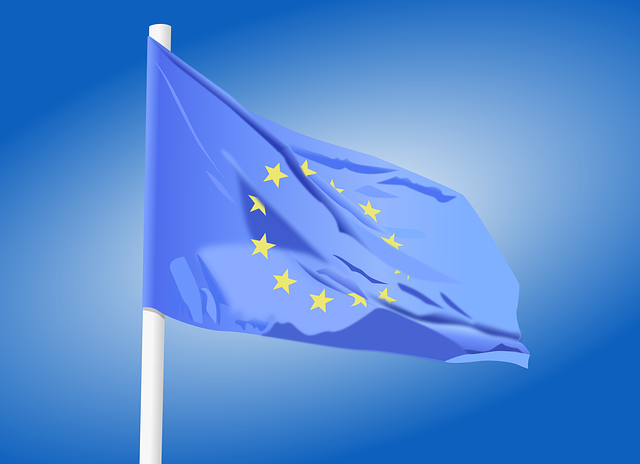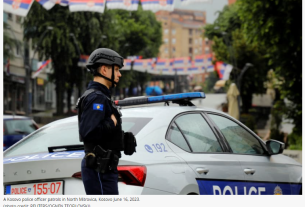The passing of former U.S. President Jimmy Carter, who died at the age of 100, has prompted an outpouring of tributes from European leaders, highlighting his unwavering commitment to peace, human rights, and democracy. Known for his leadership during a pivotal time in global politics, Carter’s legacy remains influential in shaping transatlantic relations and advancing international diplomacy.
A Leader for Peace and Human Rights
European leaders have shared their admiration for Carter’s moral integrity, which was a hallmark of his presidency and post-presidency. Ursula von der Leyen, President of the European Commission, expressed deep respect for Carter’s “moral leadership,” emphasizing his global contributions to peace, health, and democracy. She commended his service to the United States, describing him as a leader who exemplified honor and compassion.
European Council President António Costa praised Carter’s commitment to human rights, dignity, and peace, describing his life as “an inspiration.” Similarly, Roberta Metsola, President of the European Parliament, lauded Carter as a “tireless champion for peace and human rights,” noting his Nobel Peace Prize, which he earned for his role in resolving conflicts that altered the course of history.
Global Tributes from European Leaders
French President Emmanuel Macron described Carter as a “steadfast advocate for the rights of the most vulnerable” and a “tireless fighter for peace,” reinforcing his global impact. German Chancellor Olaf Scholz mourned the loss of a “great mediator for peace in the Middle East and for human rights.”
In the United Kingdom, Prime Minister Keir Starmer highlighted Carter’s historic achievement in brokering the Camp David Accords between Israel and Egypt, a diplomatic milestone that earned him the Nobel Peace Prize. Starmer also recognized Carter’s dedication to social justice and human rights during his post-presidency years, where his work continued to inspire individuals worldwide.
Hungarian Prime Minister Viktor Orbán reflected on Carter’s unique contribution to Hungary, particularly his role in returning the Holy Crown of Hungary in the late 1970s. This act was a symbol of hope for Hungary’s freedom during a time of Soviet oppression, underscoring Carter’s dedication to empowering oppressed nations.
A Lifelong Advocate for Democratic Values
Carter’s presidency marked a key era in transatlantic relations, during which he reinforced U.S. commitment to NATO and championed collective defense against Soviet influence. At a NATO summit in 1978, he emphasized that the best way to preserve peace was through military strength, yet underscored that the U.S. commitment was rooted in the desire for peace, not war.
Carter’s stance on human rights left a profound impact on Eastern Europe, particularly in the context of his efforts to challenge the Soviet Union’s authoritarian grip. His unwavering advocacy for freedom and democracy in regions under authoritarian control became a defining aspect of his leadership.
Enduring Legacy
Carter’s dedication to peace, human rights, and democratic values continues to resonate across Europe. His diplomatic efforts, particularly in the Middle East and Europe, and his advocacy for social justice throughout his post-presidency, have solidified his place in history as a statesman who prioritized moral clarity and global well-being.
As European leaders reflect on Carter’s passing, his influence remains a guiding light in global diplomacy and human rights. His legacy continues to inspire not only political leaders but also individuals committed to advancing peace and justice in the world.



